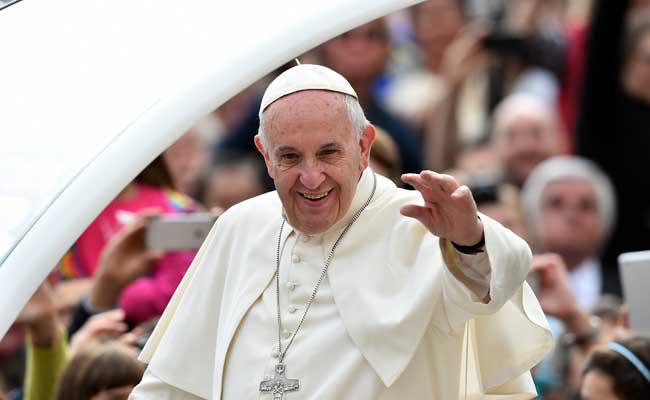|
Pope denounces scandals … but which ones?
John Thavis
Pope Francis today made a brief, impromptu request for people to forgive the “recent scandals both in Rome and in the Vatican.” The problem in interpreting his remarks was that there are several scandals to choose from. The gay official of the Vatican’s doctrinal congregation who recently came out with his partner, saying the climate at his workplace was homophobic? Accusations of sexual impropriety made by a group of Catholics against priests and an official of the Carmelite religious order in Rome? The resignation of Rome’s leftist mayor, Ignazio Marino, following press reports that the pope was unhappy with the mayor’s action on a number of issues? The accusations of sexual abuse against a Vatican diplomat, who was found dead in his Vatican residence in late August before he could stand trial? Or this week’s leak of a “Letter of 13” cardinals to the pope, contesting the direction and methods of the current Synod of Bishops on the Family, which was followed by a series of confusing denials and clarifications? “Jesus is realistic and it is inevitable that scandals occur,” the pope said at the start of his general audience in St. Peter’s Square. “But woe to the person who causes scandal. Before I start this catechesis, I'd like to ask you for forgiveness, in the name of the church, for the scandals that have occurred both in Rome and in the Vatican in recent times.” Perhaps it’s likely that the pope had sexual abuse in mind. After his off-the-cuff remarks, he spoke in his regular audience talk about the place of children in the family. Every child trusts that he or she will be loved, the pope said, and “when that promise is broken, the result is a ‘scandal’ which Jesus condemns.” But beyond sexual abuse, there is growing concern at the Vatican over the multiplication of scandals and a return of the “Vatileaks” syndrome – a climate of revelations, suspicion and rumors of a “gay lobby” that helped convince Pope Benedict XVI to resign in 2013. The most notorious chapter, played out in 2012, was the systematic leaking of papal documents to an Italian journalist by Benedict’s butler. I wrote yesterday that the developments at the synod, in particular, were reminiscent of the final days of Pope Benedict’s pontificate. Today, in the Italian newspaper Corriere della Sera, veteran Vatican analyst Massimo Franco suggested that the recent scandals were part of an attempt by opponents of Pope Francis to “recreate the climate of Vatileaks.” “It makes one think of an operation that’s been planned for some time, and which aims at delegitimizing not the synod but the two years of the Argentine pope,” Franco wrote. “It describes an episcopate in the grip of chaos and fratricidal conflicts, as if it were the Curial version of the Italian Parliament. It pushes everything back to the time of thirty months ago, as if during this time nothing or little had changed.” It was Cardinal Gerhard Mueller, the head of the Congregation for the Doctrine of the Faith, who first evoked the “Vatileaks” scandal. Mueller refused to confirm reports that he was one of the signatories of the letter critiquing some aspects of the synod, but he condemned the publication of a version of the text, saying: “The scandal is that a private letter to the pope has been published. It is a new Vatileaks.”
|
.
Any original material on these pages is copyright © BishopAccountability.org 2004. Reproduce freely with attribution.
